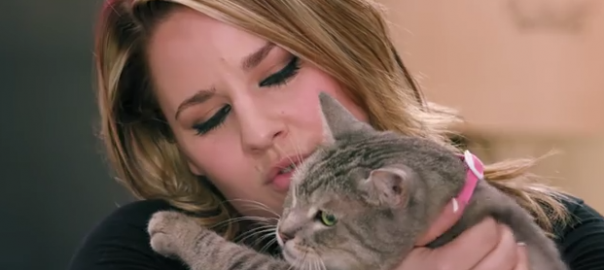What can cause a dog to start marking in the house? That was the question I got from a reader, and I teamed up with my daughter, trainer Mikkel Becker, to answer.
Q: Last year I adopted a 9-year-old chocolate Lab who was badly neglected and has permanent limited mobility. He joined my pack of two female Jack Russell terriers and my 13-year-old catahoula hound. Both males are neutered. After about two months, both males started marking the furniture. Now I think it may be only my old dog marking.
When I find urine, I’ve done everything from yelling to speaking calmly to not saying anything when cleaning the area. I have used every kind of cleaner I can find, have given my hound extra attention to make him feel loved and put diapers on him. Do you have any other recommendations?
A: It may seem as if the behavior is related to the new dog, but there’s a good chance it may not be. Our No. 1 piece of advice is to take the dogs to your veterinarian to rule out health problems that may be causing the behavior.
Often, dogs appear healthy, but if they don’t feel good, breaking housetraining or marking objects may be the only way they have to get their message across. Also, both of your males are seniors; problems with arthritis, cognitive dysfunction, kidney disease or other health issues could be contributing to their behavior.
If your dogs get a clean bill of health, the first thing to do is to make sure you know which dog is marking. Consider setting up an inexpensive video camera in the area where marking occurs to identify who’s doing what and when.
“Try to create opportunities for them to not soil in the house,” says Kathryn Primm, DVM, who often sees behavior issues in her practice. That may mean taking them out more often, rewarding them at the moment you see them potty outdoors and restarting the housetraining process as if they were puppies.
Read more, including the challenges of caring for pets when you’re ill, in this week’s Pet Connection!




